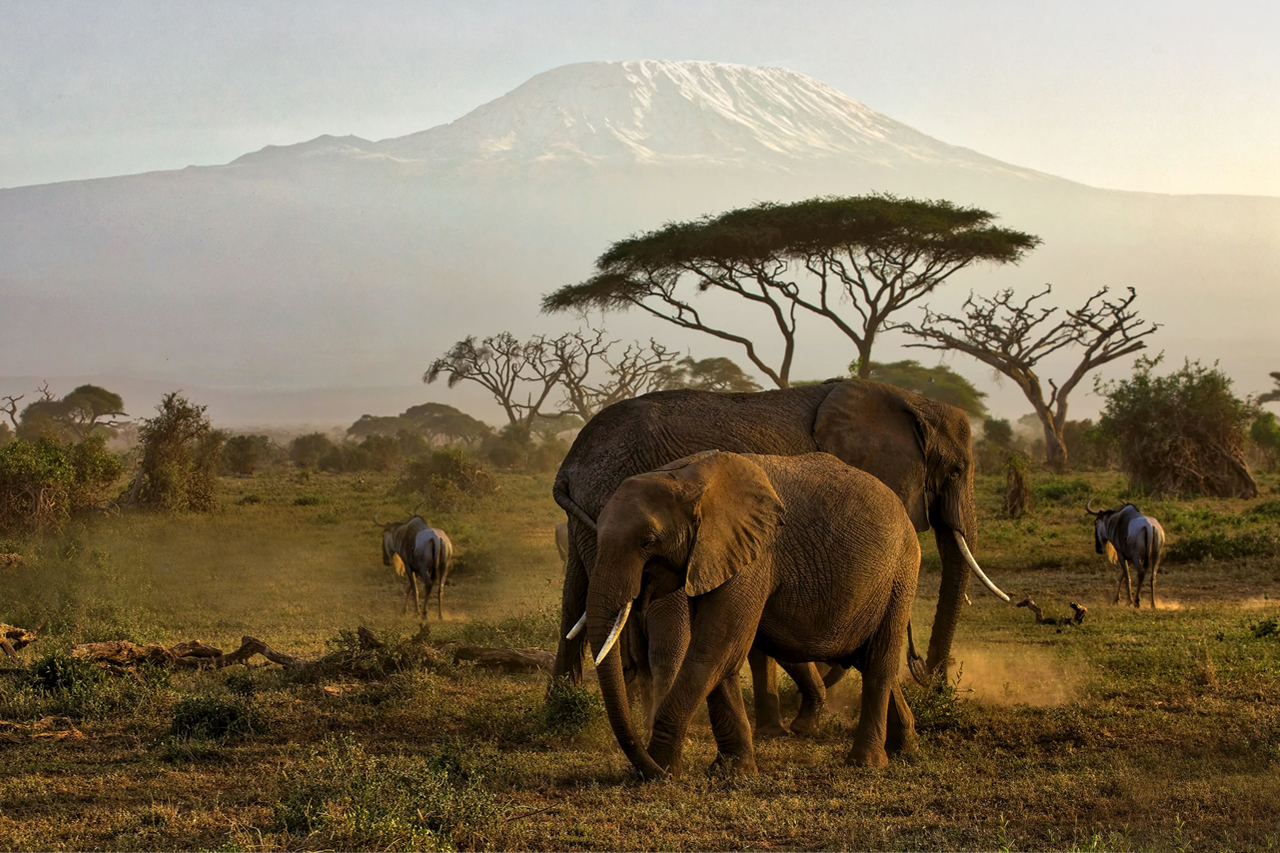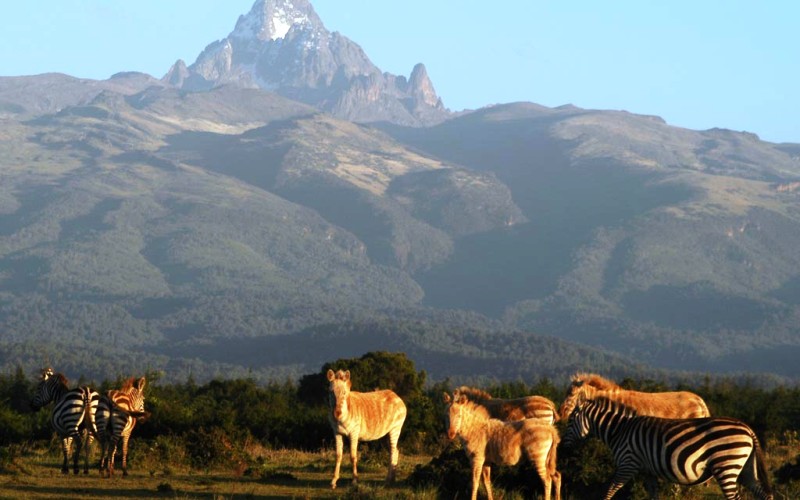
Vaccinations and Health Precautions for a Kenya Safari
Vaccinations and Health Precautions for a Kenya Safari. Kenya is renowned for its breathtaking landscapes, diverse wildlife, and rich cultural experiences. Making it a popular destination for safari enthusiasts. However, before embarking on a safari adventure. It is crucial to take the necessary vaccinations and health precautions. Kenya is located in East Africa, a region where tropical diseases are prevalent. So being prepared will ensure a safe and enjoyable journey. In this blog, we’ll explore the essential vaccinations, preventive measures, and practical tips for maintaining good health during your Kenya safari.

-
Essential Vaccinations for Travelers to Kenya
When planning your Kenya safari. The first step in safeguarding your health is ensuring you’re up to date with the recommended vaccinations. Vaccination requirements can vary depending on your country of origin, health status, and travel itinerary. But there are a few key vaccines that are generally recommended for most visitors.
- Yellow Fever: One of the most important vaccines for Kenya is the yellow fever vaccine. Kenya is considered a yellow fever-endemic country, and travelers coming from countries with a risk of yellow fever transmission are often required to show proof of vaccination. The vaccine is highly effective, providing lifelong immunity after a single dose. Without this vaccination certificate, you may be denied entry into the country or face travel restrictions. Moreover, yellow fever is a mosquito-borne viral disease, making this vaccine vital for your protection during outdoor activities such as wildlife game drives.
- Hepatitis A: Hepatitis A is another waterborne disease that can be contracted through contaminated food or water, particularly in rural or less developed areas. The Hepatitis A vaccine is highly recommended for travelers to Kenya, as the risk of exposure to the virus is relatively high, especially when dining outside major cities and tourist hubs.
- Hepatitis B: Hepatitis B is a viral infection transmitted through blood or bodily fluids. While the risk may be lower for general travelers, it’s important to consider this vaccine, especially if you are planning to engage in medical work, or activities that could expose you to blood, or have an extended stay in Kenya. Hepatitis B is a lifelong infection, so the vaccine provides valuable protection.
-
Preventive Measures for Malaria and Mosquito-Borne Diseases
Aside from vaccinations, one of the most pressing health concerns for travelers to Kenya is the risk of mosquito-borne diseases, particularly malaria. Malaria is prevalent in many parts of Kenya, particularly in rural areas and around water bodies where mosquitoes breed. Taking antimalarial medication is highly recommended to reduce the risk of contracting this life-threatening disease.
- Antimalarial Medication: Before traveling to Kenya, consult your healthcare provider to discuss the best antimalarial medication for your trip. Common options include Malarone (Atovaquone-Proguanil), Doxycycline, and Mefloquine. Your doctor will consider your health status, travel itinerary, and any potential side effects before recommending the most suitable option. It’s important to start taking your medication a few days before entering malaria-risk areas and continue the course as prescribed, even after returning home, to ensure complete protection.
- Insect Repellent: In addition to medication, using an effective insect repellent is essential for protecting yourself from mosquito bites. Repellents containing DEET or Picaridin are the most effective, and they should be applied to exposed skin during outdoor activities, especially during dusk and dawn when mosquitoes are most active. Be sure to reapply repellent according to the instructions, especially after swimming or sweating.
- Mosquito Nets and Clothing: To further minimize the risk of mosquito bites, it’s advisable to sleep under insecticide-treated mosquito nets when staying in camps or lodges. Wearing long-sleeved shirts, long pants, and light-colored clothing can also reduce your chances of being bitten. Mosquitoes are attracted to dark colors, so opt for neutral or light shades to keep them at bay.
-
Food and Water Safety
Another critical aspect of staying healthy during your Kenya safari is being cautious about food and water consumption. While the thrill of trying local delicacies is part of the cultural experience, it’s important to follow food safety guidelines to avoid illnesses like Traveler’s Diarrhea or cholera, which can quickly ruin your trip.
- Drink Bottled Water: Tap water in Kenya is not always safe to drink, especially in rural areas or during outdoor activities. It’s best to stick to bottled water, which is widely available in most tourist areas. Ensure that the seal on bottled water is intact before drinking. In some cases, purified water from reliable sources may be provided at safari lodges and camps. Alternatively, bring a portable water purifier or water purification tablets to treat any questionable water sources.
- Be Cautious with Street Food: While Kenya offers a vibrant street food culture. It’s important to exercise caution when sampling dishes from street vendors. Choose food that is freshly cooked and served hot, and avoid raw or undercooked meats, seafood, and vegetables that may have been washed in contaminated water. It’s also advisable to avoid unpasteurized dairy products and foods that have been left out in the open for long periods.
- Fruits and Vegetables: Eating fresh fruits and vegetables is a healthy option as long as they are peeled or properly washed. If you’re unsure about the water quality used to wash produce. Opt for fruits like bananas, mangoes, and oranges that you can peel yourself.
-
General Health Tips and Practical Precautions
In addition to vaccinations, malaria prevention, and food safety. There are several other general health tips that will contribute to your well-being during a Kenya safari.
- Sun Protection: Kenya’s equatorial climate means strong sunlight, and prolonged exposure can result in sunburn or heat-related illnesses. Apply a high SPF sunscreen regularly, wear sunglasses with UV protection, and use a wide-brimmed hat to shield yourself from the sun. Staying hydrated is equally important. So always carry a water bottle during game drives and walks.
- First Aid Kit: Pack a basic first aid kit with essentials such as bandages, antiseptic ointments, pain relievers, antihistamines, and any personal medications. While most safari lodges and camps are equipped with first aid supplies, having your own kit ensures you’re prepared for minor injuries or ailments.
- Altitude and Motion Sickness: If your safari includes visits to high-altitude regions like Mount Kenya. Or the Aberdare Mountains, be aware of altitude sickness symptoms. Which can include headaches, dizziness, and shortness of breath. Staying well-hydrated, ascending gradually, and taking altitude sickness medication if necessary can help mitigate these effects. If you’re prone to motion sickness, consider bringing medication for long drives across rough terrain.
Conclusion
A Kenya safari offers a once-in-a-lifetime opportunity to witness the magnificence of the African wilderness. But it’s essential to take appropriate health precautions to ensure a smooth and enjoyable experience. By getting the necessary vaccinations, preventing mosquito-borne illnesses like malaria, and practicing good food and water safety. You can focus on the adventure ahead without worrying about your health. Before your trip, consult with a travel health specialist. Pack a well-prepared first aid kit, and take proactive steps to protect yourself from potential health risks. With the right precautions in place. Your safari through Kenya’s stunning landscapes will be a safe and memorable experience.
Related Posts;






